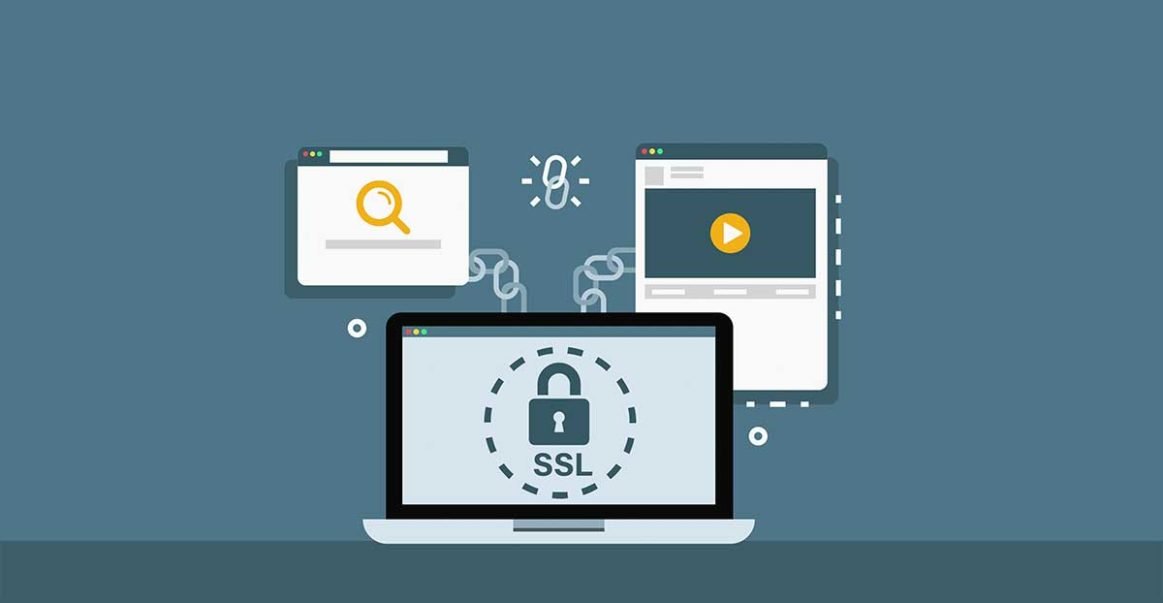SSL Certificate

An SSL certificate displays important information for verifying the owner of a website and encrypting web traffic with SSL/TLS, including the public key, the issuer of the certificate, and the associated subdomains.
SSL stands for Secure Sockets Layer, a global standard security technology that enables encrypted communication between a web browser and a web server. It is utilized by millions of online businesses and individuals to decrease the risk of sensitive information (e.g., credit card numbers, usernames, passwords, emails, etc.) from being stolen or tampered with by hackers and identity thieves. In essence, SSL allows for a private “conversation” just between the two intended parties. (SSL Shopper | what is an SSL Certificate? – Verisign, 2016)
To create this secure connection, an SSL certificate (also referred to as a “digital certificate”) is installed on a web server and serves two functions:
It authenticates the identity of the website (this guarantees visitors that they’re not on a bogus site)
It encrypts the data that’s being transmitted
Different types of SSL
With the cybercrimes increasing at alarming speed, it becomes important to be aware of different types of SSL Certificates available out there and which one is needed for your company.
Types of SSL Certificates
-Extended Validation Certificates (EV SSL)
-Organization Validated Certificates (OV SSL)
-Domain Validated Certificates (DV SSL)
-Wildcard SSL Certificate
-Multi-Domain SSL Certificate (MDC)
-Unified Communications Certificate (UCC)
1.Single-name SSL Certificates
Protects a single subdomain/hostname
2.Wildcard SSL Certificates
Protects an unlimited number of subdomains for a single domain.
3.Unified SSL Certificates/Multi-Domain SSL Certificates/SAN Certificates
It allows customers to protect up to 100 domains with the help of the same certificate.
Click Here to browse the SSL services we provide.